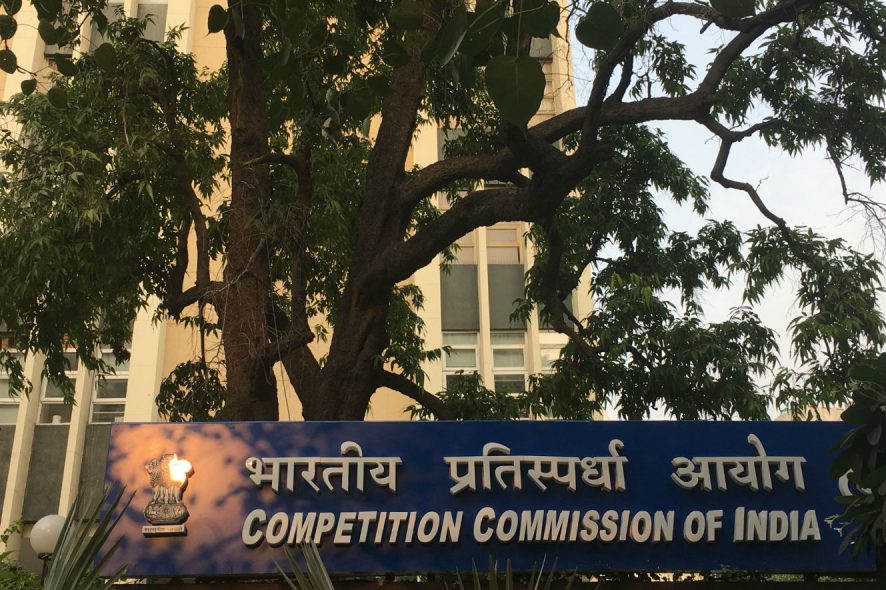Competition Commission of India (CCI): The 3-Member Bench comprising of Sudhir Mital (Chairperson), Augustine Peter and U.C. Nahta (Members), while pronouncing an order under Section 26(2) of the Competition Act, 2002, dismissed the case in light of no contravention being found as alleged of the provisions of Sections 3 and 4 of the Competition Act, 2002.
The facts of the case are that the Informant had filed the present information under Section 19(1) (a) against OP-1, i.e. Vatika Ltd. and OP-2, i.e. Confederation of Real Estate Developers’ Associations of India (CREDAI) for contravention of Sections 3 and 4 of Competition Act, 2002. The informant had purchased a plot in a township being developed by OP-1 in Gurugram, Haryana. Informant had opted for a “construction linked payment plan” in which he had to pay the total amount within a span of 3 years. Once the initial payment was duly paid a plot was allotted to the informant and further, the agent asked the Informant to sign the buyer’s agreement which was jointly signed by the Informant and his son.
As per the payment plan, the Informant had deposited the second installment and was asked to make the third installment within 15 days when initially at the time of making application for the plot it was decided that the third installment would be payable in 8 to 9 months from the date of booking. For the payment of the third installment, demand letter from OP-1 started to flow and on being asked about the same by informant it was reasoned that because of the construction work had been completed upto the 5th installment plan.
The Informant further stated that, on mailing several queries due to being aggrieved by the above stated circumstances and seeking clarifications on the same, but no reply being received in this regard, the Informant had to send out a legal notice to OP-1 reiterating the details of the one-sided communication to which the response was that the Informant had defaulted in payment of installment and as a consequence the amount already paid by the informant had been forfeited, therefore the Informant was not liable to any refund.
Allegations by the Informant:
- OP-1 abused its dominant position; by refusing to visit the site, unfair terms of the Buyer’s Agreement, unreasonable demand of instalment payments and not responding to queries which ultimately places the OP-1 in the position of abuse of dominance in the relevant market of residential plots by violating Section 4(2)(a)(i) of the Competition Act, 2002
- Cartelisation: OP-2 and its members including OP-1 have indulged in common practices by incorporating standard clauses in their agreements.
The Commission on perusal of the information and submissions of the parties has stated that it disagrees with the Informant’s submission that the relevant geographic market should be delineated as “Northern Peripheral Road Corridor.” There are various residential projects in Gurugram other than the projects in Northern Peripheral Road Corridor which could have been considered by consumers desirous of purchasing a residential plot. It is noted that the Informant has assessed the dominance of OP-1 as per the relevant geographic market defined by him. “The Commission notes that OP-1 faces sufficient competitive constraints from various other competitors and would not be able to operate independently of the competitive forces prevailing.”
Therefore, in view of the above-stated allegations and Commission’s view in that respect, no case of contravention of the provisions of Section 3 and 4 arise against the OP. [Ranjit Singh Gujral v. Vatika Ltd., 2018 SCC OnLine CCI 84, dated 16-10-2018]







